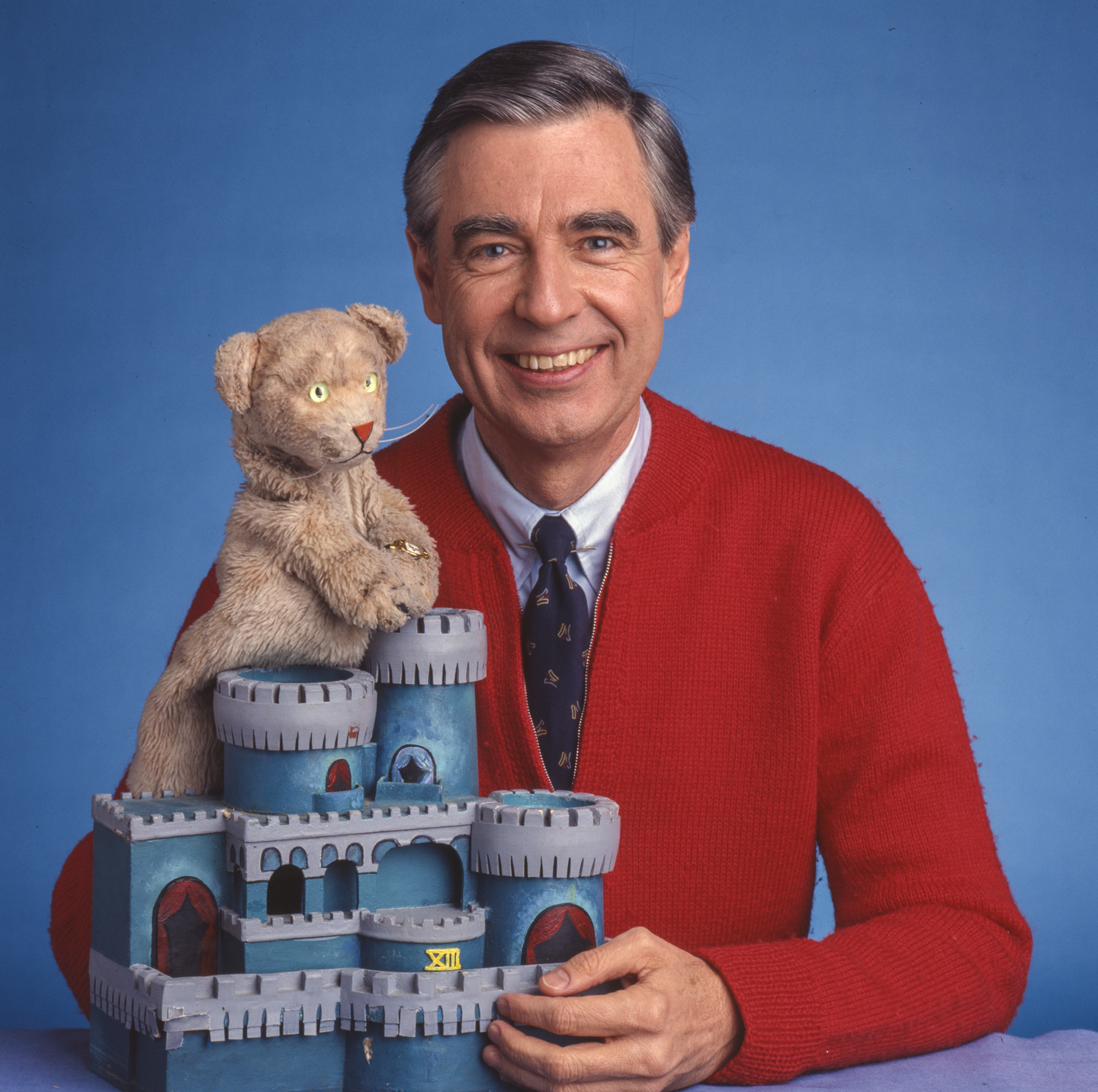Fred Rogers, the beloved host of "Mister Rogers' Neighborhood," has left an indelible mark on children's television and education. His gentle demeanor and thoughtful approach to addressing complex issues have made him a cherished figure for generations. But as time passes, many wonder: is Fred Rogers still alive? In this article, we will explore the life, legacy, and impact of Fred Rogers, while also answering the pressing question of his current status.
Fred Rogers was born on March 20, 1928, and he dedicated his life to serving children and promoting kindness and understanding. His show, which aired for over three decades, was revolutionary in its approach to children's programming, focusing on emotional intelligence and social skills. Unfortunately, Fred Rogers passed away on February 27, 2003, at the age of 74, after a battle with stomach cancer.
Despite his passing, Fred Rogers' influence continues to resonate. His teachings and philosophies remain relevant today, inspiring new generations of educators and parents. In this article, we will delve deeper into his life, his show's impact, and how his legacy lives on in various forms, including media, education, and community initiatives.
Table of Contents
- Biography of Fred Rogers
- Early Life and Education
- Career in Children's Television
- Philosophy and Approach
- Legacy and Impact
- Memorials and Tributes
- Freedom of Expression
- Conclusion
Biography of Fred Rogers
Fred McFeely Rogers was born in Latrobe, Pennsylvania. He grew up in a loving family and developed a passion for music early on, playing the piano and composing songs. After earning a degree in music composition from Rollins College, he began his career in television, where he discovered his true calling: connecting with children.
| Full Name | Fred McFeely Rogers |
|---|---|
| Date of Birth | March 20, 1928 |
| Date of Death | February 27, 2003 |
| Occupation | Television Host, Producer, Songwriter |
| Known For | Mister Rogers' Neighborhood |
Early Life and Education
Fred Rogers was the only son of James and Nancy Rogers. His upbringing was marked by warmth and encouragement, which shaped his understanding of kindness and compassion. He graduated from Latrobe High School and went on to college, where he earned his degree in music. After college, he worked in television, eventually leading to the creation of "Mister Rogers' Neighborhood."
Career in Children's Television
Rogers began his television career in the 1950s, working on various programs before launching his own show in 1968. "Mister Rogers' Neighborhood" became a staple of children's television, addressing important topics such as emotions, diversity, and conflict resolution. Fred's ability to communicate with children and validate their feelings was revolutionary, and his show received numerous awards throughout its run.
Innovative Techniques in Storytelling
Fred Rogers employed various storytelling techniques to engage children, including:
- Use of puppetry to illustrate emotions and situations.
- Directly addressing the camera to create a personal connection.
- Incorporating music and songs that resonated with children.
Philosophy and Approach
Fred Rogers believed in the importance of emotional literacy and the power of kindness. He often said, "The greatest gift you can give is your time and attention." His philosophy revolved around understanding children's feelings and helping them navigate the complexities of life in a safe and nurturing environment.
Legacy and Impact
Even after his death, Fred Rogers' legacy continues to thrive. His teachings have inspired countless educators, parents, and children. Various organizations, such as the Fred Rogers Center, work to promote his values and continue his mission of nurturing emotional intelligence in children.
Modern Adaptations and Influence
Fred Rogers' approach has influenced modern children's programming, with many shows incorporating similar themes of empathy and understanding. His legacy can also be seen in:
- Documentaries and films celebrating his life, such as "Won't You Be My Neighbor?"
- Educational initiatives promoting social-emotional learning in schools.
- Community outreach programs inspired by his teachings.
Memorials and Tributes
Fred Rogers has been honored in numerous ways since his passing. His legacy is celebrated through various memorials, including:
- Statues and displays in his hometown of Latrobe, Pennsylvania.
- Annual events and conferences centered around his philosophy.
- Recognition by organizations promoting children's mental health and well-being.
Freedom of Expression
Fred Rogers championed the idea of freedom of expression, encouraging children to speak openly about their feelings and experiences. He believed that creating a safe space for dialogue was crucial for fostering emotional growth and understanding.
Conclusion
In conclusion, Fred Rogers may no longer be with us, but his impact on children's television and education remains profound. His teachings about kindness, empathy, and emotional intelligence continue to inspire generations. While the question "Is Fred Rogers still alive?" brings sadness, it also serves as a reminder of the enduring legacy he left behind. We encourage readers to reflect on Fred's teachings and share their thoughts in the comments below, or explore more articles that celebrate his extraordinary life.
Thank you for taking the time to learn about Fred Rogers and his lasting legacy. We invite you to return for more insightful articles that promote understanding and compassion.


